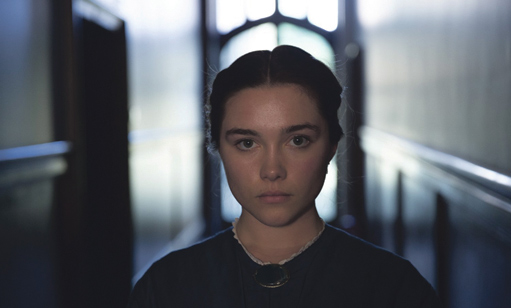Film Review: Lady Macbeth
Impolite Bbc Drama Is Bad Romance At Its Best


Latest Article|September 3, 2020|Free
::Making Grown Men Cry Since 1992

